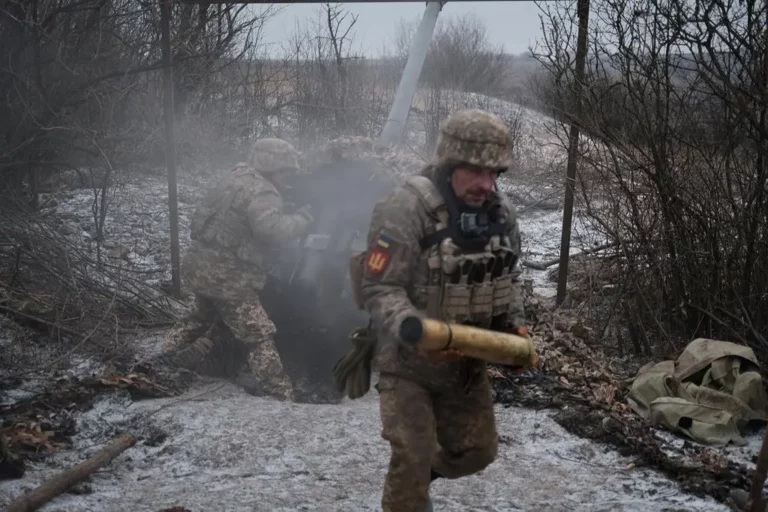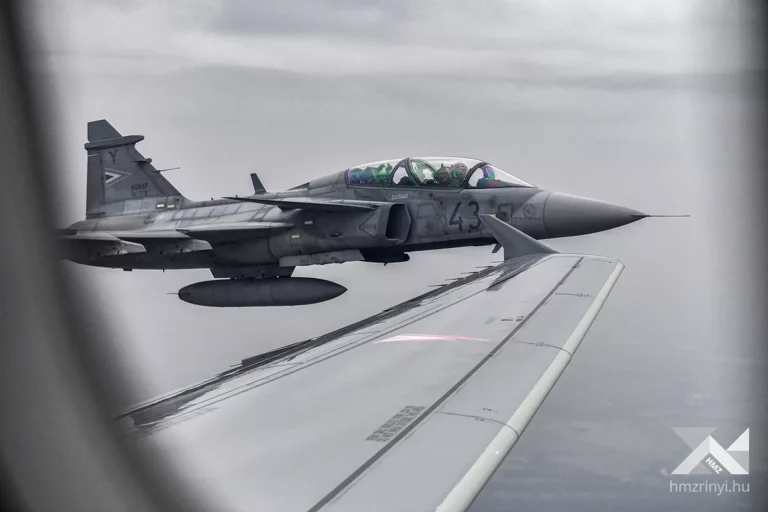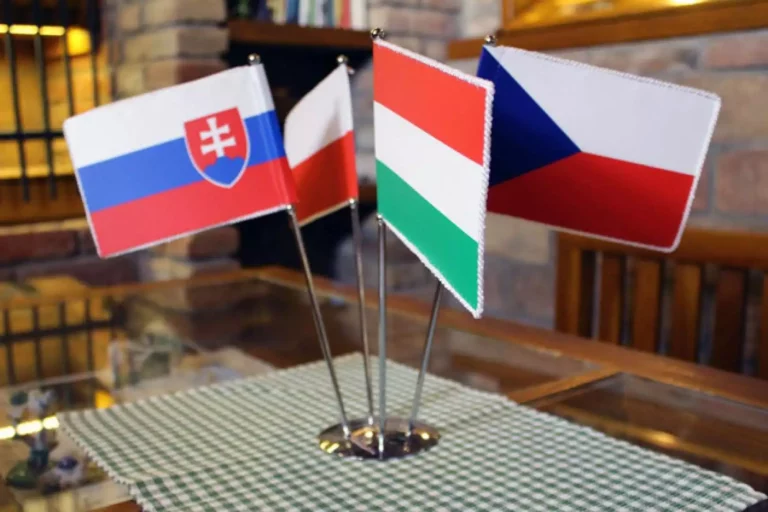Visegrád Four
Visegrád 4 countries protest against EU policies

Government: war in Ukraine has no military solution

Visegrad Group interior ministers meet with the counterparts of Germany and Austria

Hungarian president speaks about seemingly dead cooperation

Hungary govt official addresses World Bank/IMF annual meeting

Government acknowledged that there are too many conflicts between V4 countries

Speaker: Hungarian nation’s existence in continuous threat

PM Orbán knows the solution to migration

Stunning sight: Ghost hotel in Visegrád, Hungary – PHOTO GALLERY

Hungarian consumption falls short of even that of Romania

Hungary, Poland and Czechia will cooperate to defend Slovak airspace

V4 Festival to offer over 100 programmes

V4 European affairs committees adopt joint statement
The European affairs parliamentary committees of Visegrad Group countries meeting in Budapest on Monday "resolutely condemned" the war in Ukraine...
Czech expert: V4 cooperation dying because of Orbán

Upcoming tension? New Czech president awaits government change in Hungary

Orbán in trouble? New Czech president would end V4 cooperation

Minister: Visegrád Group cooperation doing as good as ever
The "waves" caused by the war in Ukraine within the Central European Visegrád Group seem to be disappearing, Zsolt Németh,...
Hungary and other V4 countries gave a patrol ship to Libya





 ZH
ZH IT
IT DE
DE HR
HR NL
NL FR
FR JA
JA RO
RO RU
RU ES
ES TR
TR
